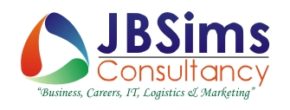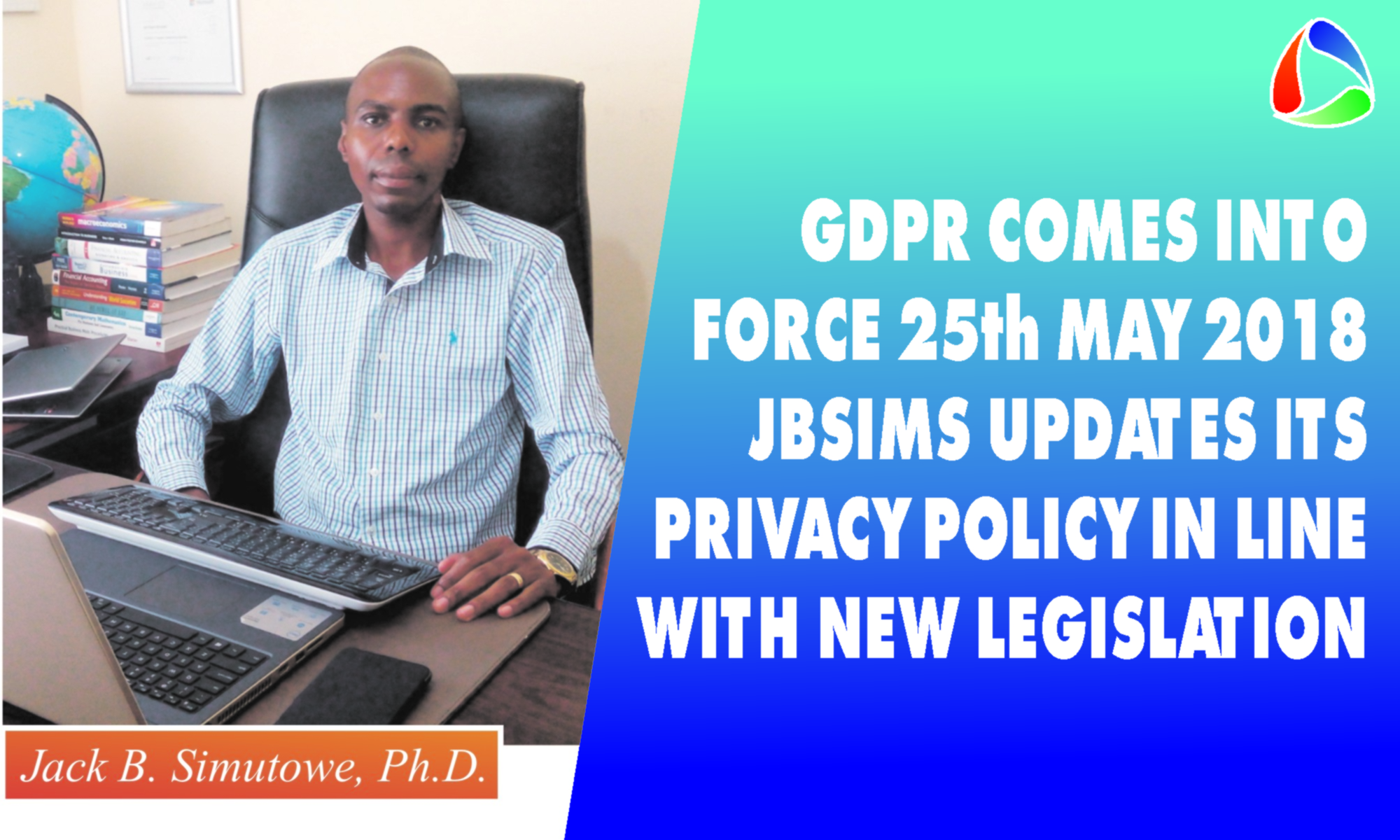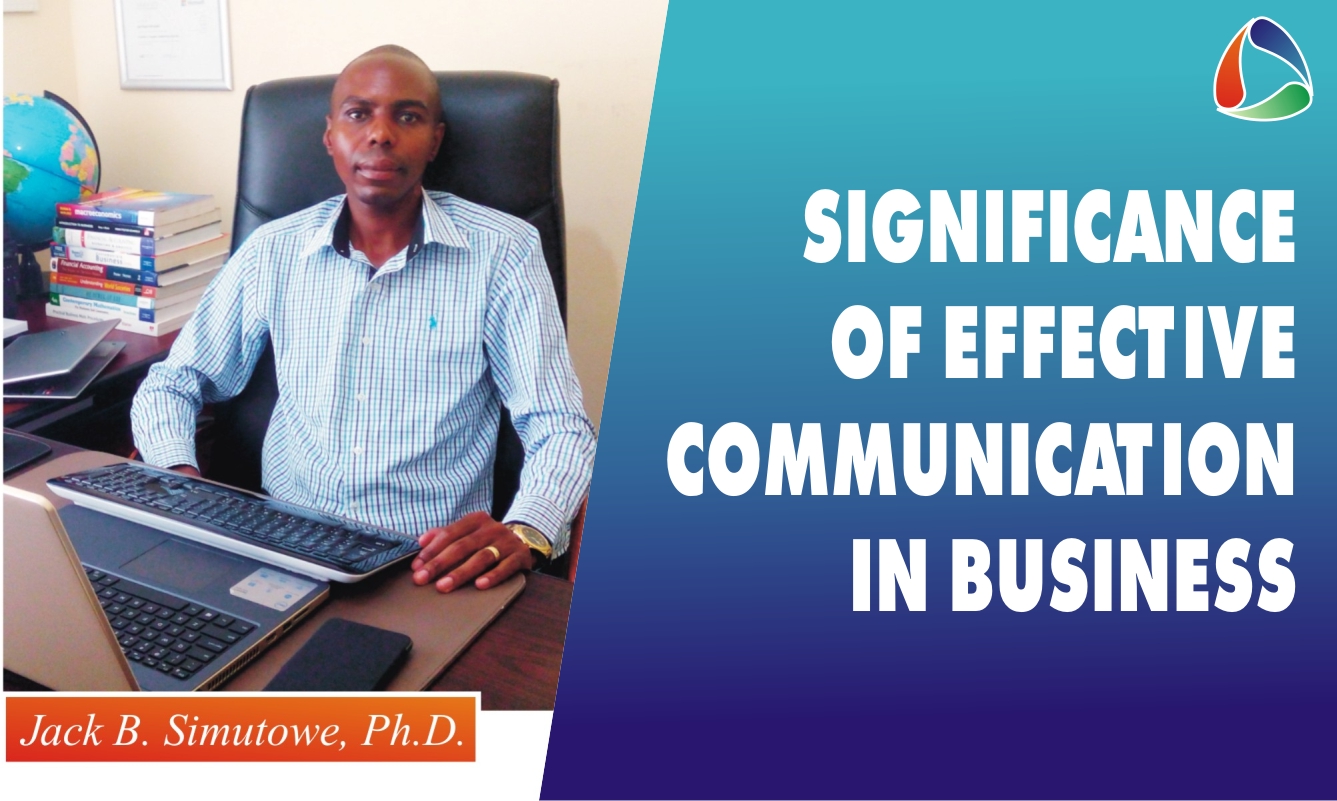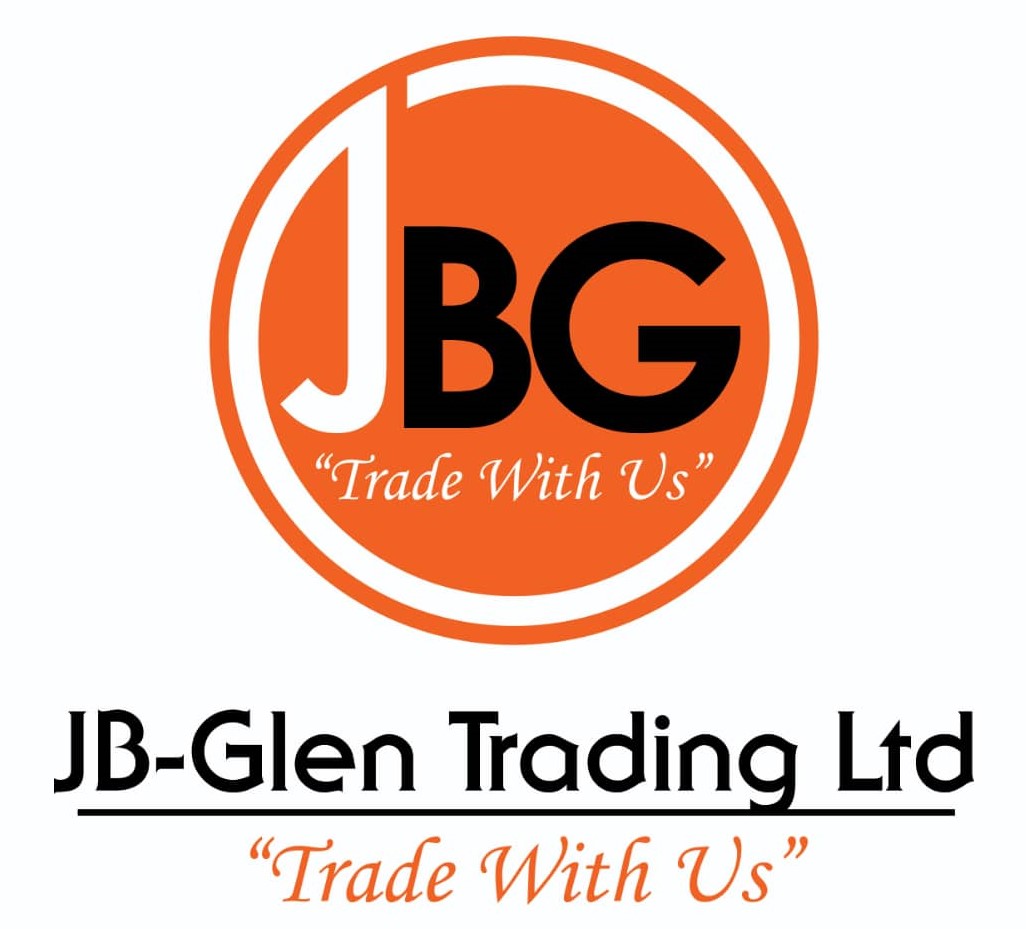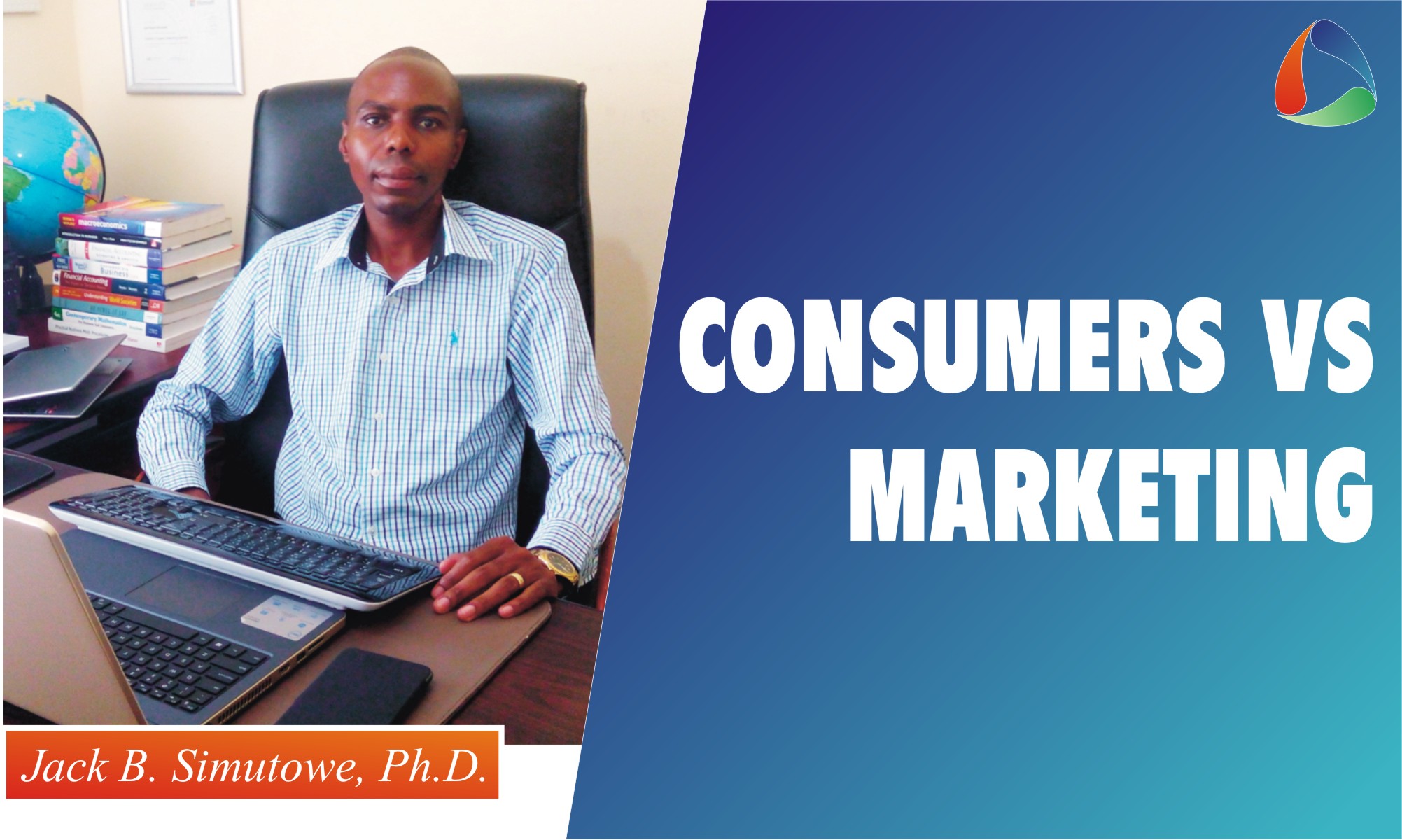
What is the dark side of consumer behaviour? What are the effects of the challenges on businesses faced every day because of the dark side of consumer behaviour?. How can these challenges be addressed?
In modern times, the greater need for businesses to sell goods and services at all costs has brought about some serious effects on how consumers purchase and consume the various goods and services on offer by various businesses. The dark side of consumer behaviour deals with aspects of impulsive and compulsive consumer behaviour and how that affects the purchase and consumption of goods and services on the market. Impulsive behaviour means acting or doing something without forethought or considering the consequences while compulsive behaviour means performing an act persistently and repetitively without it necessarily leading to an actual reward or pleasure. Marketing ethics are basic principles and values that govern the business practises of those engaged in promoting goods and services to consumers. Ethics is a very contentious subject because everyone has subjective judgements or their own views about what is “right” and what is “wrong”. Marketing plays a critical role when it comes to the dark side of consumer behaviour and this is either directly or indirectly.
Consumers are affected by both internal and external factors of impulse buying. Since impulse buying behaviour is stimulus driven, increased exposure to certain external stimuli or marketing tactics increases the likelihood of impulsively purchasing or consuming of goods and services. The fact of the matter is that one’s unconscious mind is often driving his or her behaviour as a consumer usually under the influence of evolutionary drives and tactics of marketers or promoters. It is easy to feel compelled to buy something that later doesn’t make sense in your life. The love of shopping proves the simplest explanation that some people just derive great pleasure from acquiring something new. The act of buying to them is an act of empowerment that may be felt all too rarely in other aspects of their lives.
Marketers have learnt that consumers are very susceptible to the loss aversion switch. Loss aversion is a term that describes our innate concern to avoid feeling bad in future. Normally this affects consumer decisions and most consumers find themselves with questions as to whether they would feel bad if they bought a specific item and did not have money for something else. But when marketers add in a discount to the consumer or the consumer assumes the product won’t last forever and their unconscious mind switches to the fear that they will miss out on the deal, most consumers will definitely go for the product.
Most shopping is too tiresome and time-consuming to carry out with conscious attention. Imagine if every item/service you intended to buy was cross-referenced with every other available item/service on the market, as a consumer, you would need to look at price, product composition, reviews and maybe even the quality of customer service supporting it. Even if you could find all the information in comparable formats it would take you hours jut to buy that one item. So instead consumers use heuristics, which are unconsciously held rules of thumb that help make quick decisions that they may have learned as to work out well generally. Marketers and promoters take advantage of this by packaging up products as bulk buys, or they include the so-called “free” extra or the buy one get one free. The consumer gets the impression that it must be good value, and they go with this feeling instead of researching any further.
The desire to save, a susceptibility to value and apparent discounts is not just down to the loss aversion switch as many consumers have the desire to save. Marketers play on this by telling consumers how much they could save by buying and using their product. Consumers routinely delude themselves by believing they are better than average drivers, better than average parents but clearly, they can’t all be right. This objectivity is an elusive virtue. Rather than look back and reflect on their past actions with anything approaching a balanced score card, most consumers look to the future with an idealized view of what it might be like and marketers take advantage of this to influence the consumer purchase decisions.
Compulsive buying mainly deals with addictions or is often associated with certain disorders. But whatever the case markers take advantage of such in the name of “to have is to be” or “we are what we eat”, “we are what we drive” or “we are what we wear’ etc.
All these factors about consumers are very well-known to marketers and work in their favour but tied to ethics, they present a challenge as to how marketers/businesses should promote their products/services and from what perspective. This consumer behaviour can even create opportunities for business to sell substandard or even expired products as well as compromise on the quality of goods and services. Yet businesses want to sell their goods and services but also face challenges on how they can take advantage of this behaviour without being involved in unethical practices.
In view of all these important factors, it is better for consumers to take time and at least understand what influences their purchases and consumption of goods and services rather than just going by what everyone is doing. Businesses/marketers should also take into account what the dark side of consumer behaviour involves but strive to stick to their corporate social responsibilities, quality assurance pledges and efficiency as well as effectiveness in delivery of their goods and services to the consumers without taking undue advantage of consumers by engaging in some unethical practices that may be concealed due to the dark side of consumer behaviour.

